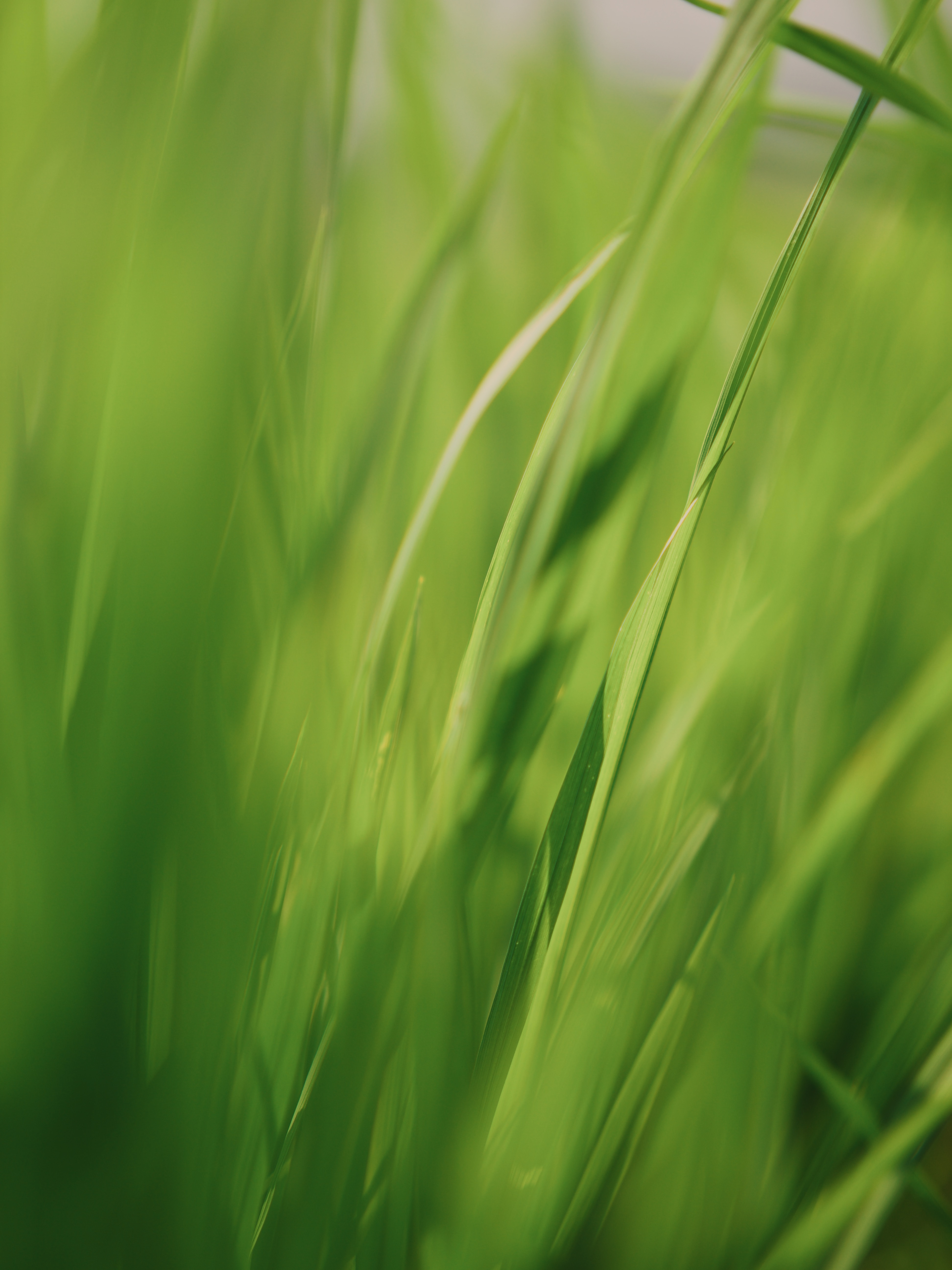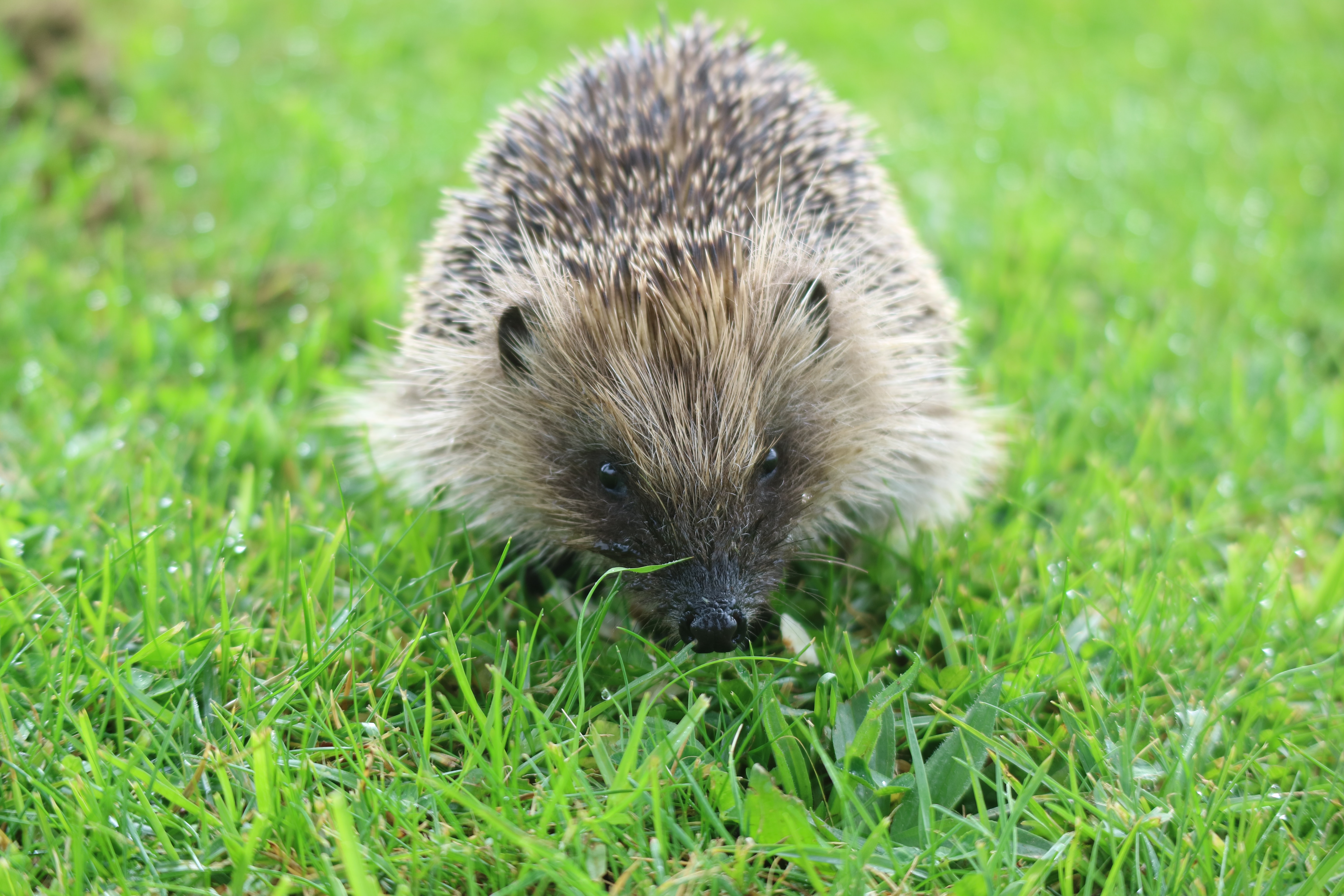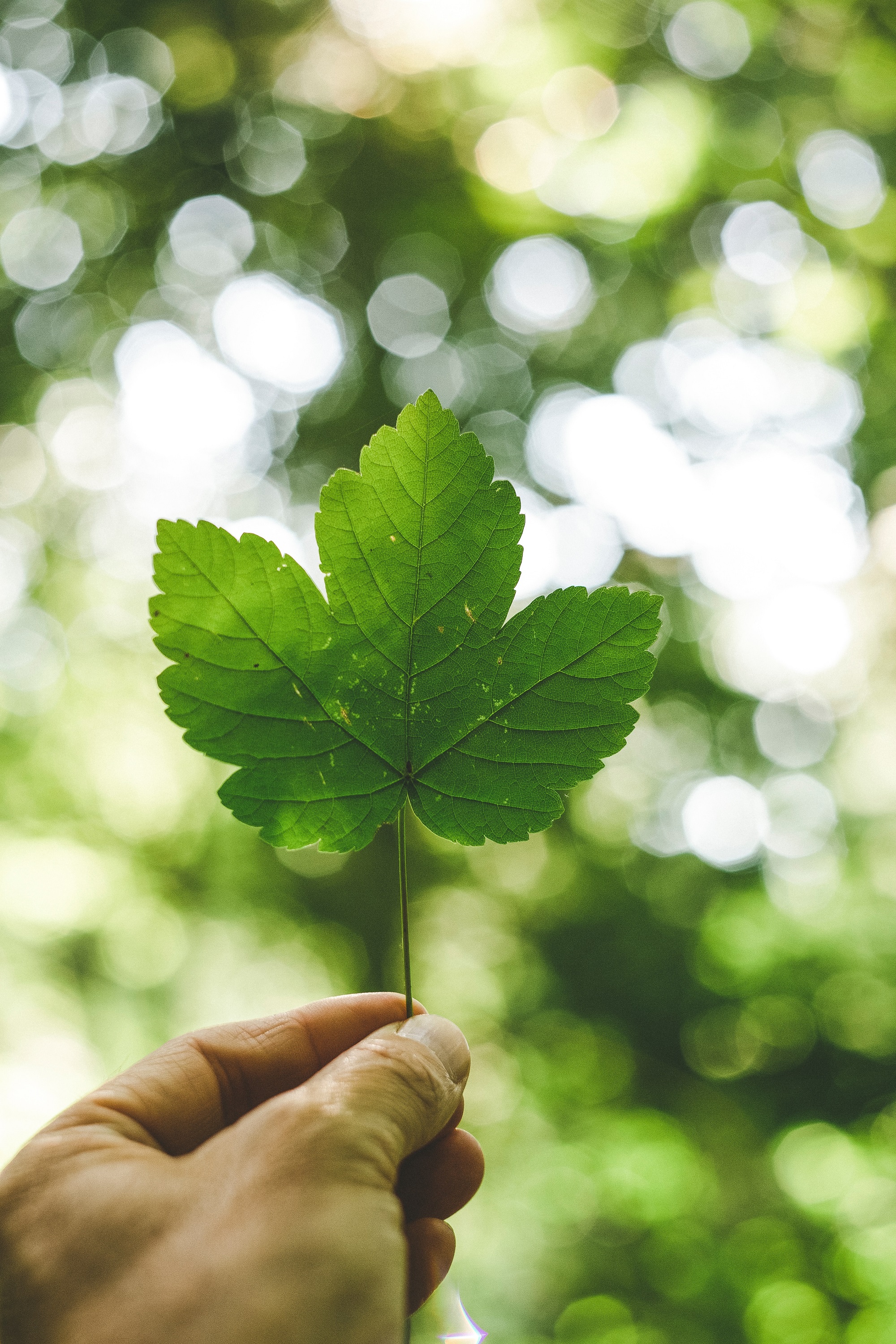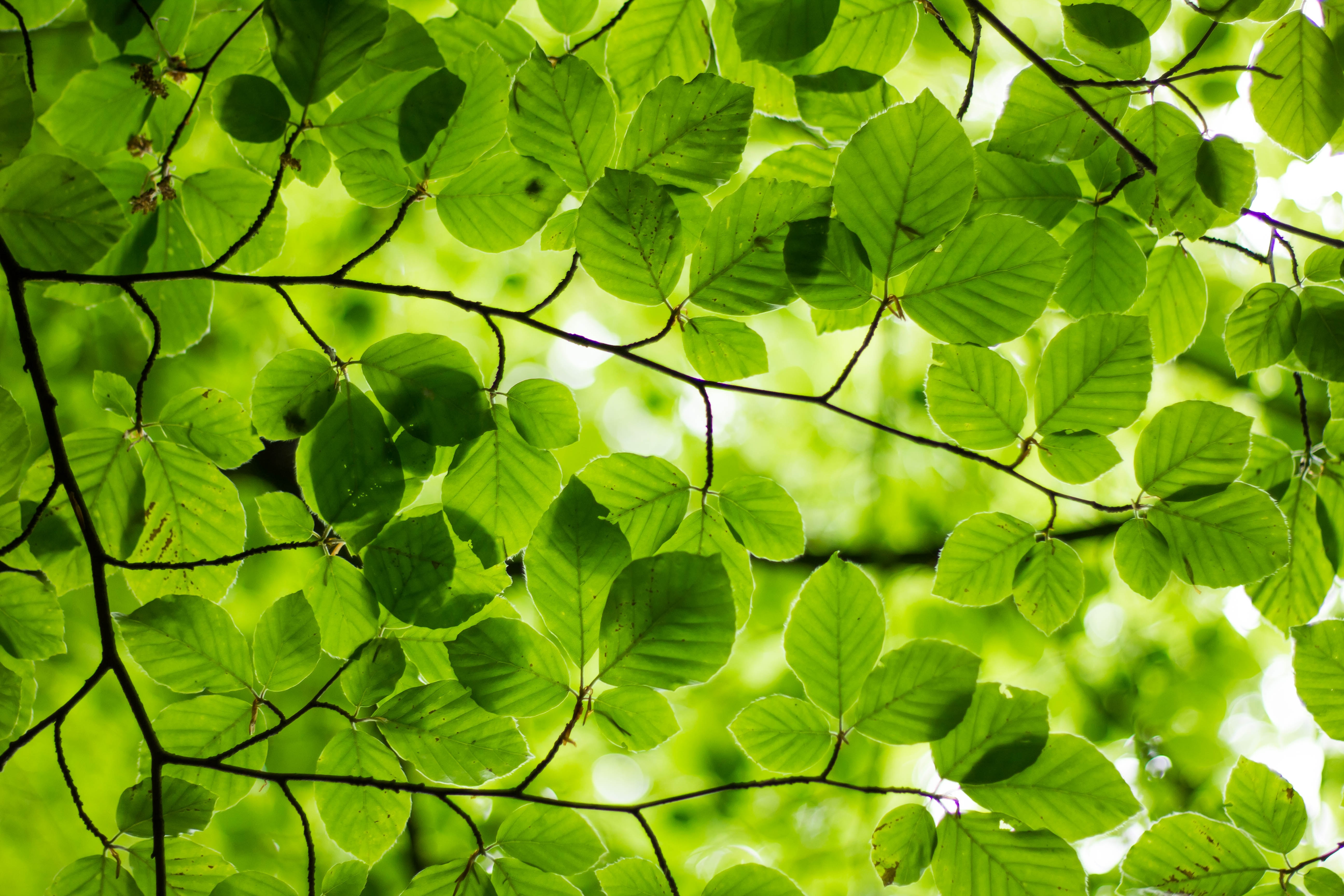Examples of our actions towards SDG 15 Life on Land
Conservation & biodiversity are key factors in the maintenance of the Botanic Garden. Pesticides are not used in the garden & a flock of rare breed sheep are used to graze our arboretum and wildflower meadows. We are also committed to improving the quality of our environment through our strategy
Research
Living the Values
Wider Student Experience
Local and Regional
Nature Positive Green Gown Award 2023
More examples of our work towards SDG15
Educational programmes on ecosystems
Durham University is proud to offer educational programmes that emphasise the importance of protecting our ecosystems. Additional information on programs covering wild flora, fauna, and topics in science and conservation offered by our award-winning Durham Botanic Garden can be found below.
Durham University - Botanic Garden What's Here
The Friends of Durham University Botanic Garden
Guided Nature Walk - Durham University
Flowerfulness - Durham University
Plant Labels - Durham University
Science in the Garden - Durham University
Sustainable management of land for agriculture and tourism (educational outreach)
Durham University offer educational outreach to support the management of land for agriculture and tourism through the SMART Soils programme. Current developments will take the pioneering research from our academics, with the SMART Soils Lab enabling environmental engineers and plant scientists to design soil and plant restoration technologies which can optimise the services that soil can provide for us all.
SMART Soils - Durham University
SMART Soils Law SRF Award - Durham University
A Celebration of World Soil Day and Launch of the SMART Soils SRF project - Durham University
Educational outreach on sustainable management of land for tourism
Durham University is dedicated to advancing formal policy and raising public awareness on soil biodiversity, emphasising the importance of treating, restoring, protecting, and nourishing soils globally to support sustainable land use, including tourism.
The award-winning SMART Soils Lab team has contributed to decision-making through reports on soil biodiversity for audiences at local, regional, national, and international levels. Through accessible, practical, and informative educational outreach, Durham University aims to empower local communities with the knowledge and tools to sustainably manage soils, supporting both agricultural sustainability and tourism.
Rebuilding Soils for Net Zero? Workshop - Durham University
SMART Soils - Durham University
Unlocking the secrets of soil - Durham University
A Celebration of World Soil Day and Launch of the SMART Soils SRF project - Durham University
Sustainable use, conservation and restoration of land (policy)
Durham University upholds a policy dedicated to the conservation, restoration, and sustainable management of terrestrial ecosystems linked to the University, including forests and drylands.
Our Botanic Garden follows a policy focused on preserving natural forestry, implementing sustainable practices that protect native woodlands and local biodiversity. Restoration efforts are undertaken as needed, in alignment with the University’s overarching Enhancing Biodiversity Strategy. The commitment to sustainable use of terrestrial ecosystems is a core element of our Enhancing Biodiversity Strategy (2022-2032). Further information is available in the links below.
Botanic Gardens Biodiversity Policy
Durham University Enhancing Biodiversity Strategy (2022-2032)
How Durham University's research helps to safeguard the environment
![]()


/prod01/prodbucket01/media/durham-university/about-us/environmental-social-and-economic-sustainability/Environment-Banner.png)





